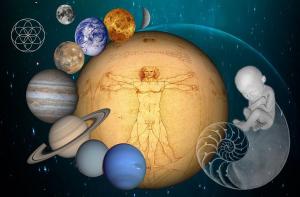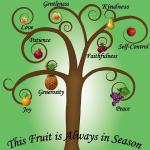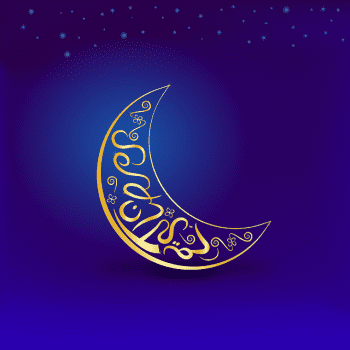 The Celestial Bodies Moving in Orbits
The Celestial Bodies Moving in Orbits
For many centuries, the concept of a geocentric universe was prevalent among European scientists, whereby the earth stood still in the center and everything else, including the sun, moved around the earth. In 1543 CE, Copernicus published his theory of a heliocentric system, whereby the earth moved around a stationary sun, something Galileo championed and was sentenced by the Catholic Church for heresy in 1633 CE.
The Quran described that the sun and other celestial bodies move in orbits:
It is He Who created the Night and the Day, and the sun and the moon: all (the celestial bodies) swim along, each in its rounded course. 21:33 (Translation by Yousuf Ali), or “And He it is Who created the night and the day and the sun and the moon; all (orbs) travel along swiftly in their celestial spheres.”(Translation by Shakir)
In another verse, the concept of the sun and the moon moving in their respective orbits is once again mentioned as follows:
Neither is it allowable to the sun that it should overtake the moon, nor can the night outstrip the day; and all float on in a sphere. 36:40 (Shakir), or “It is not for the sun to overtake the moon, nor doth the night outstrip the day. They float each in an orbit.”(Pickthall)
These verses indicate that the celestial bodies not only move in an orbit but also imply that each has their own distinct orbit, as they cannot “overtake” each other.
The sun and the moon will circle for an “appointed term”.
 There is consensus in the scientific community that our sun will continue to burn its hydrogen and helium and it will eventually die when all the fuel is consumed.
There is consensus in the scientific community that our sun will continue to burn its hydrogen and helium and it will eventually die when all the fuel is consumed.
But this concept of a finite life for stars (including our own sun and the moon) only came to be known in the last few centuries.
See you not that Allah merges Night into Day and he merges Day into Night; that He has subjected the sun, and the moon (to His law), each running its course for a term appointed; and that Allah is well-acquainted with all that you do? 31:29
The Qur’an may not have told us something “groundbreaking” per se. At the very least, it is consistent with modern knowledge, and it invites us to ponder on the world and the universe around us.
You may argue the meaning of the verses is “stretched” to fit into modern knowledge. If that is indeed the case, what then is the idea or the purpose of mentioning all this in the Qur’an? What is the alternative meaning for these (and numerous other) passages?
As I have mentioned on my prior posts, the Qur’an is NOT a book of science. It does not teach us science. But it clearly invites us to ponder on science and God’s signs around us .The underlying message is clear: the “science” and “religion” are not mutually exclusive.
Bible On the Collapse Of The Universe As A Scroll
Long before we knew that our solar system has finite life, the Bible mentions the end of the universe, not just the solar system.
And all the host of heaven shall be dissolved, and the heavens shall be rolled together as a scroll. The stars will fall from the sky like withered leaves from a grapevine, or shriveled figs from a fig tree. Isaiah 34:4
I watched as the Lamb broke the sixth seal, and there was a great earthquake. The sun became as dark as black cloth, and the moon became as red as blood. Then the stars of the sky fell to the earth like green figs falling from a tree shaken by a strong wind. The sky was rolled up like a scroll, and all of the mountains and islands were moved from their places. Revelation 6:12-14
For further reading on this series on Religion and Science, you may be interested in the following:
The Big Bang and the Aquatic Origins.
Do the Quran And the Bible Really Teach the Universe was Created in 6 days?
Is believing in Science Not Based on Faith (in Science)?
Do You Have to Pick Between Religion or Science?
4 Myths About Religion and Science Being Mutually Exclusive
The post is adapted from a portion of my book, The Quran: With or Against the Bible?












